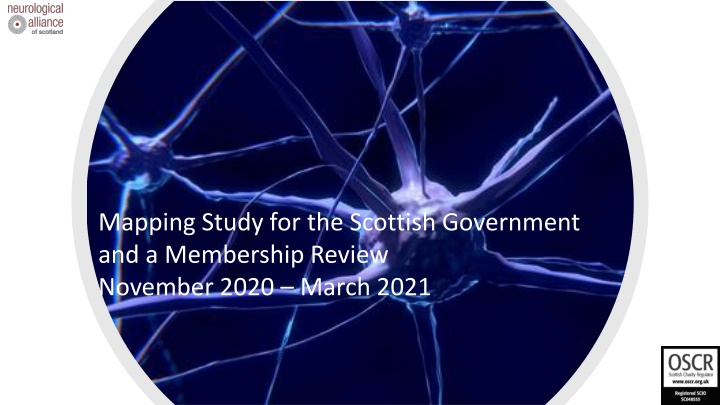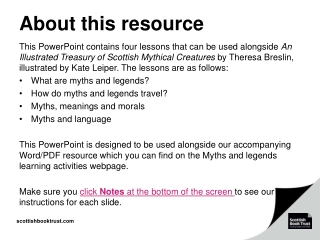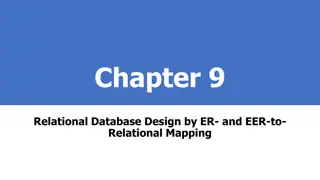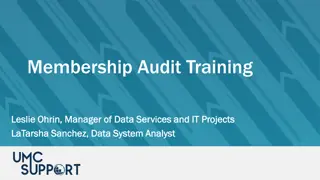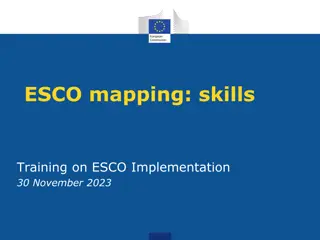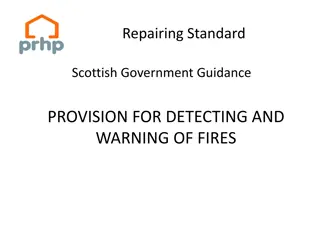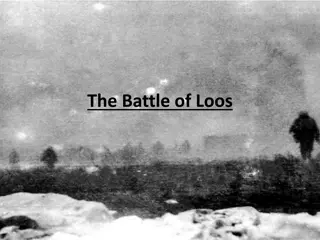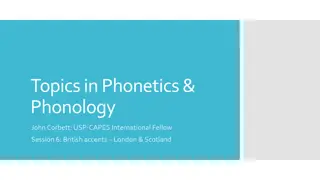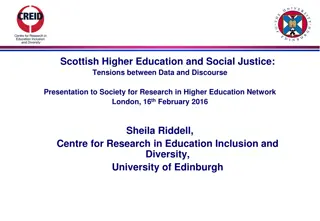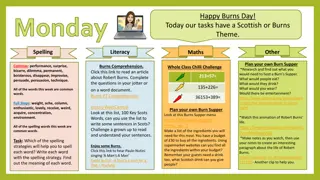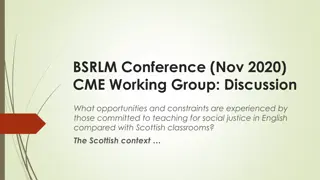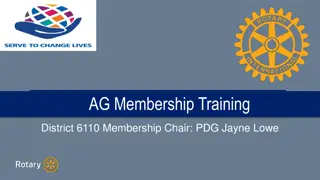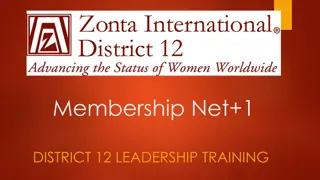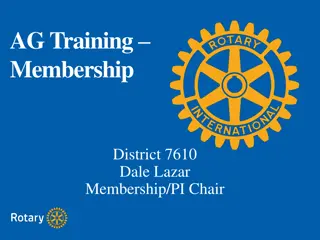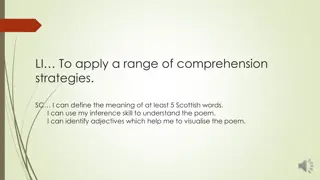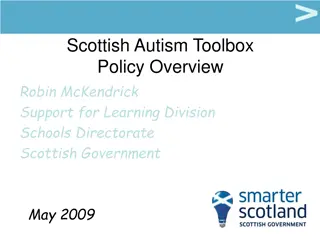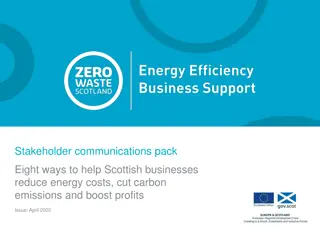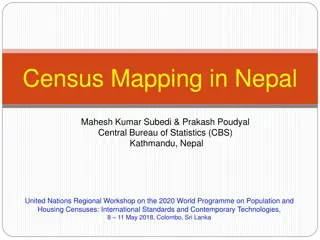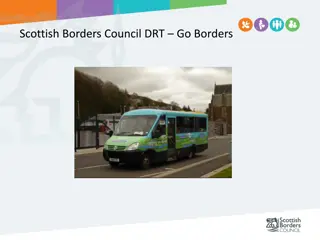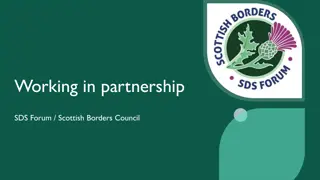Mapping Study & Membership Review for the Scottish Government
Study and review conducted from November 2020 to March 2021 on accessing health and social care services for people with neuro conditions. Survey results show challenges and priorities for the Neurological Alliance of Scotland (NAoS) and its members.
Download Presentation

Please find below an Image/Link to download the presentation.
The content on the website is provided AS IS for your information and personal use only. It may not be sold, licensed, or shared on other websites without obtaining consent from the author.If you encounter any issues during the download, it is possible that the publisher has removed the file from their server.
You are allowed to download the files provided on this website for personal or commercial use, subject to the condition that they are used lawfully. All files are the property of their respective owners.
The content on the website is provided AS IS for your information and personal use only. It may not be sold, licensed, or shared on other websites without obtaining consent from the author.
E N D
Presentation Transcript
Mapping Study for the Scottish Government and a Membership Review November 2020 March 2021
Mapping timeline November 2020: NAoS and SG agreed actions for the mapping exercise Research type Fieldwork Period Survey respondents Notes Member s Survey End of Nov 2020 end of Feb 2021 28 Survey left open and reminders sent in December and January newsletters but no further responses Non Member s Survey Beginning of Dec 2020 end of Feb 2021 6 Distributed further via Rare Diseases UK and the Neurological Alliance mid February JANUARY 2021 LOCKDOWN big impact on resource availability
Survey Structure Both the Members Survey and Non-Members Survey followed this structure Benefits from NAoS Members hip Services provided by charity Self- Digital Innovations Navigation pathways Demographics Management Projects Sections asked on behalf of SG NAoS Mapping
1: Demographics 74% all respondents believe people living with neuro conditions struggle to access health and social care services Our survey covered 34 conditions from ataxia to transverse myelitis
2: Services provided 2/3 of our members cannot meet the needs of people living with neuro conditions due to capacity issues People are using charities for condition specific specialist advice and support most often
3: About the NAoS 93% of our members say our top priority should be in campaigning and influencing 74% joint respondents say second priority of NAoS should be in providing policy news and information (75%, 67%) 62% of joint respondents say the third priority of NAoS should be in providing events with partners such as the Scottish Government (64%, 50%) 72% of our members say we are important to them 4/5 members are happy to recommend us to others
4: Self-Management Tools Whilst self-management programmes and tools do exist, only a minority of charities said they have condition specific self management resources available online What resources does the statutory sector have? Perceived lack of understanding of the value of self-management tools with only 18% of our members estimating people frequently use them Awareness of self management programmes is not as high as expected, at 50%
5: Digital Innovations. Perception from charities that awareness of digital innovations is very low
6: Navigation Tools Only 32% of member respondents are aware of navigation tools Only 11% of member respondents thought navigation tools are most useful for the condition they work with Nearly half the member respondents had no idea whether people living with a neurological condition use navigation tools or not (43%,50%) Half of all respondents (54%/50%) do not signpost people towards using navigation tools Lack of clarity over what a navigation tool is
Conclusion: Services 01 02 03 Challenging time for charities, with staff on furlough and limited fundraising opportunities, the future remains uncertain However, strong adaptability and resilience means charities pivoted well at the start of the pandemic, limiting the loss of their services Increased reliance on offer of online services through pandemic, will likely remain the modus operandi for charities going forward
Conclusion: NAoS 01 02 03 Our 2021-2024 strategy is to Inform Connect Influence We will continue to support Scottish Government with the delivery of the early priorities of the neurological framework for action Mapping has revealed weak spots which we can address
Conclusion: Self-Management 01 02 03 Need to build trust between Charities and Statutory Sector in terms of quality of self- management materials NAoS to host a conference style workshop to develop the idea of the neuro hub We will help to build awareness of and faith in self-management programmes, championing condition specific tools
Conclusion: Digital Innovations 01 02 03 Awareness is high amongst charities, but low amongst the public Need to address the postcode lottery of service and digital innovation availability. Demand is highest for condition-specific tools, this needs to be balanced to ensure any tools are scalable and can be used for other conditions
Conclusion: Navigation Tools 01 02 03 Valueless term, means little to people Could an expansion of Tailored Talks (successful round 1 neuro project) be rolled out? If not navigation tools, what do charities think are effective tools in managing a neurological condition What other terms are used?
